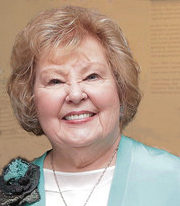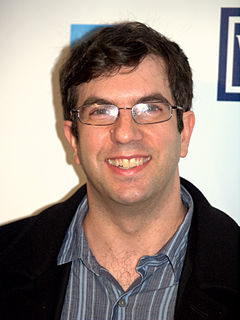A Quote by Rachel Naomi Remen
The sacred lives beyond labels and judgment, in the wood-of-no-names.
Related Quotes
In historic events, the so-called great men are labels giving names to events, and like labels they have but the smallest connection with the event itself. Every act of theirs, which appears to them an act of their own will, is in an historical sense involuntary and is related to the whole course of history and predestined from eternity.
Ecclesiastes names thee Almighty, the Maccabees name thee Creator, the Epistle to the Ephesians names thee Liberty, Baruch names thee Immensity, the Psalms name thee Wisdom and Truth, John names thee Light, the Book of Kings names thee Lord, Exodus names thee Providence, Leviticus Sanctity, Esdras Justice, creation names thee God, man names thee Father; but Solomon names thee Compassion, which is the most beautiful of all thy names.
Tao is beyond words and beyond understanding. Words may be used to speak of it, but they cannot contain it. Tao existed before words and names, before heaven and earth, before the ten thousand things. It is the unlimited father and mother of all limited things. Therefore, to see beyond boundaries to the subtle heart of things, dispense with names, with concepts, with expectations and ambitions and differences. Tao and its many manifestations arise from the same source: subtle wonder within mysterious darkness. This is the beginning of all understanding.
I'm still agnostic. But in the words of Elton Richards, I'm now a reverant agnostic. Which isn't an oxymoron, I swear. I now believe that whether or not there's a God, there is such a thing as sacredness. Life is sacred. The Sabbath can be a sacred day. Prayer can be a sacred ritual. There is something transcendent, beyond the everyday. It's possible that humans created this sacredness ourselves, but that doesn't take away from its power or importance.
When tradition is thought to state the way things really are, it becomes the director and judge of our lives; we are, in effect, imprisoned by it. On the other hand, tradition can be understood as a pointer to that which is beyond tradition: the sacred. Then it functions not as a prison but as a lens.
In the Orient the ultimate divine mystery is sought beyond all human categories of thought and feeling, beyond names and forms, and absolutely beyond any such concept as of a merciful or wrathful personality, chooser of one people over another, comforter of folk who pray, and destroyer of those who do not. Such anthropomorphic attributions of human sentiments and thoughts to a mystery beyond thought is-from the point of view of Indian thought-a style of religion for children.

































